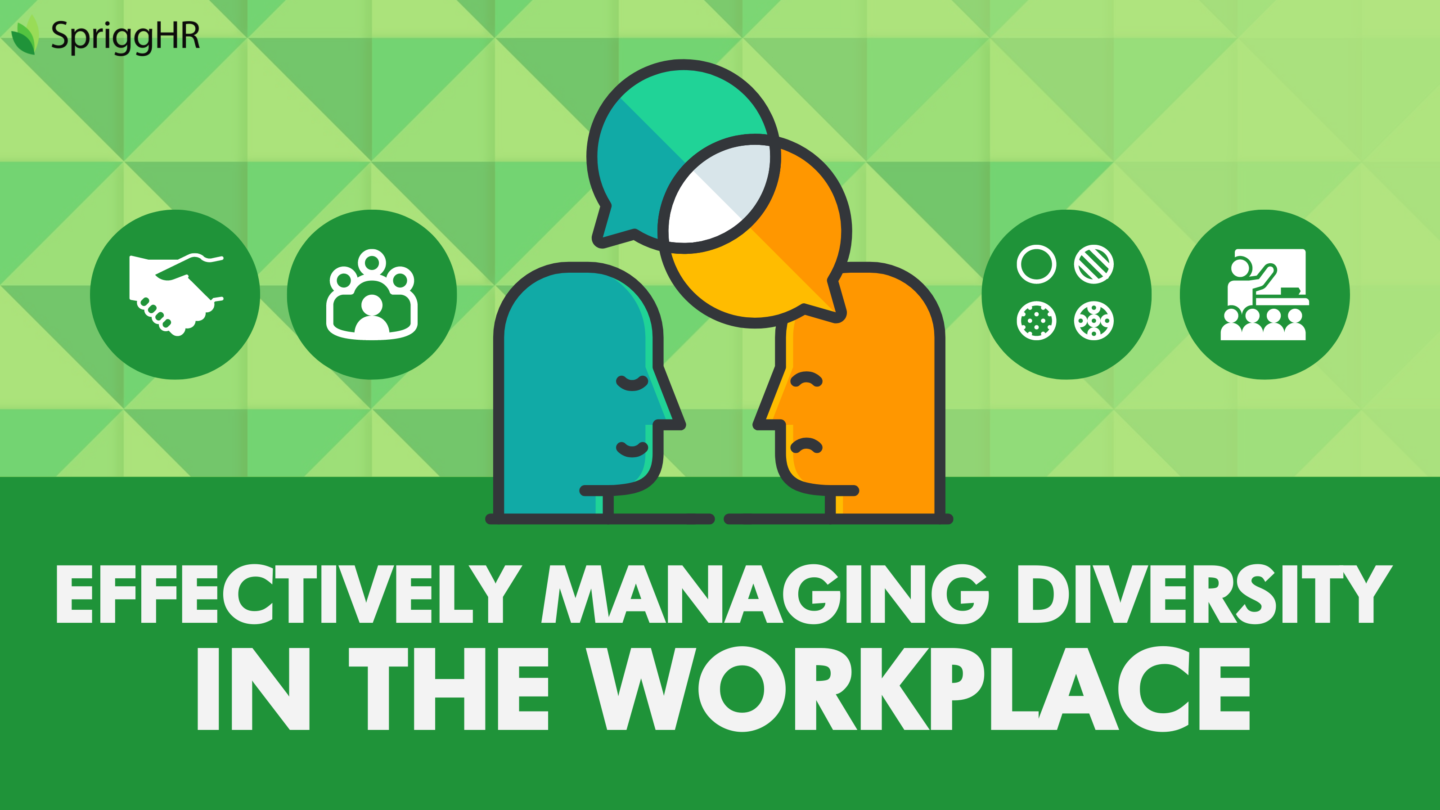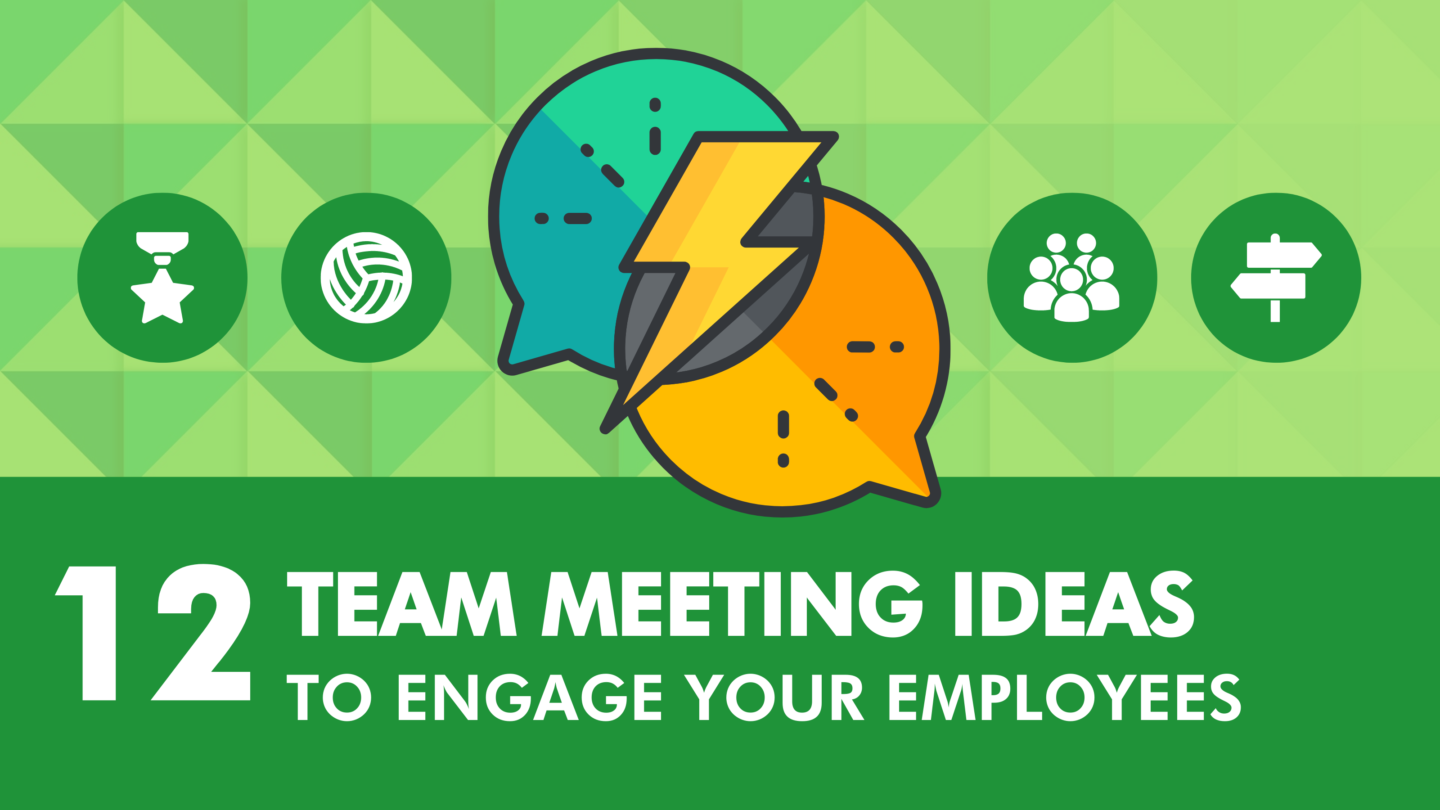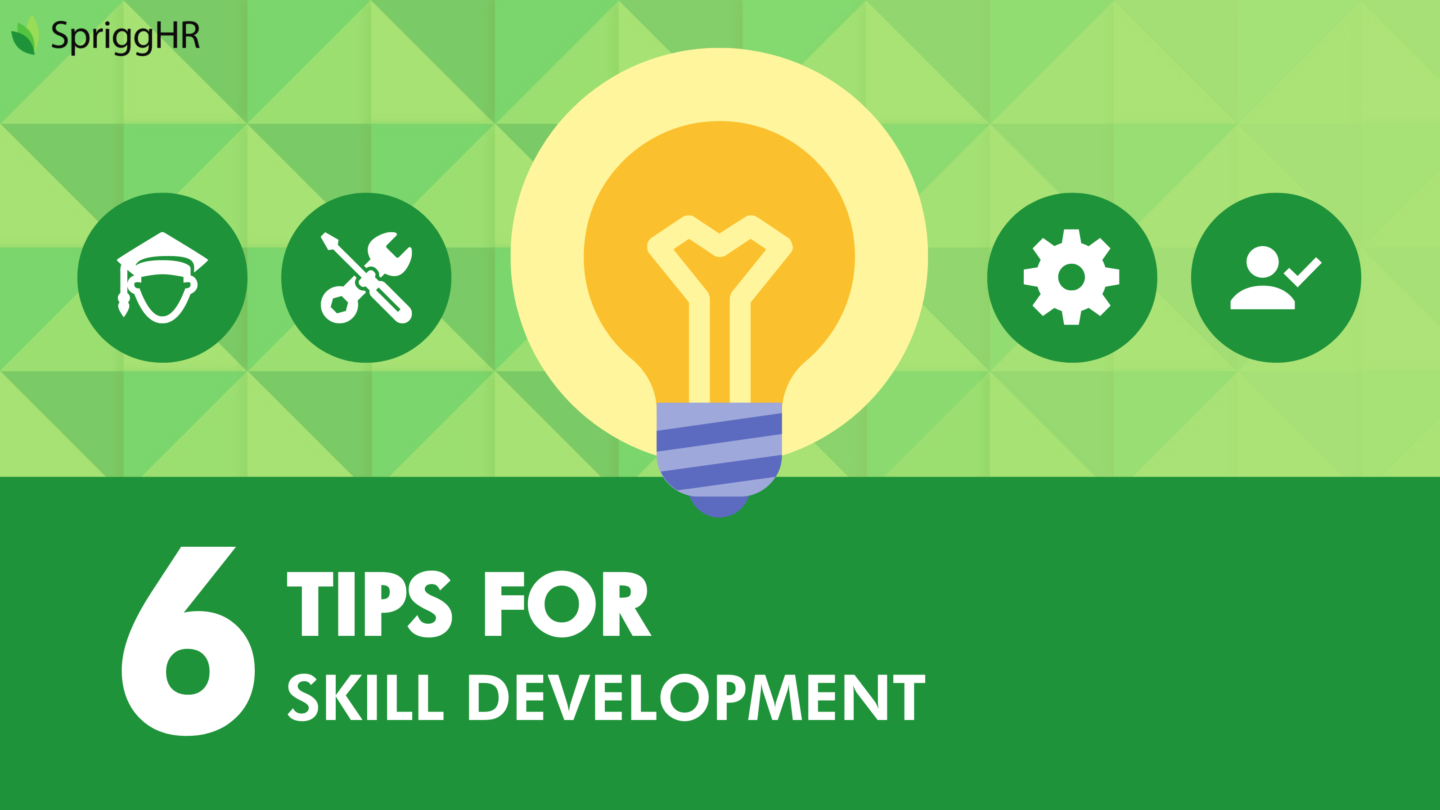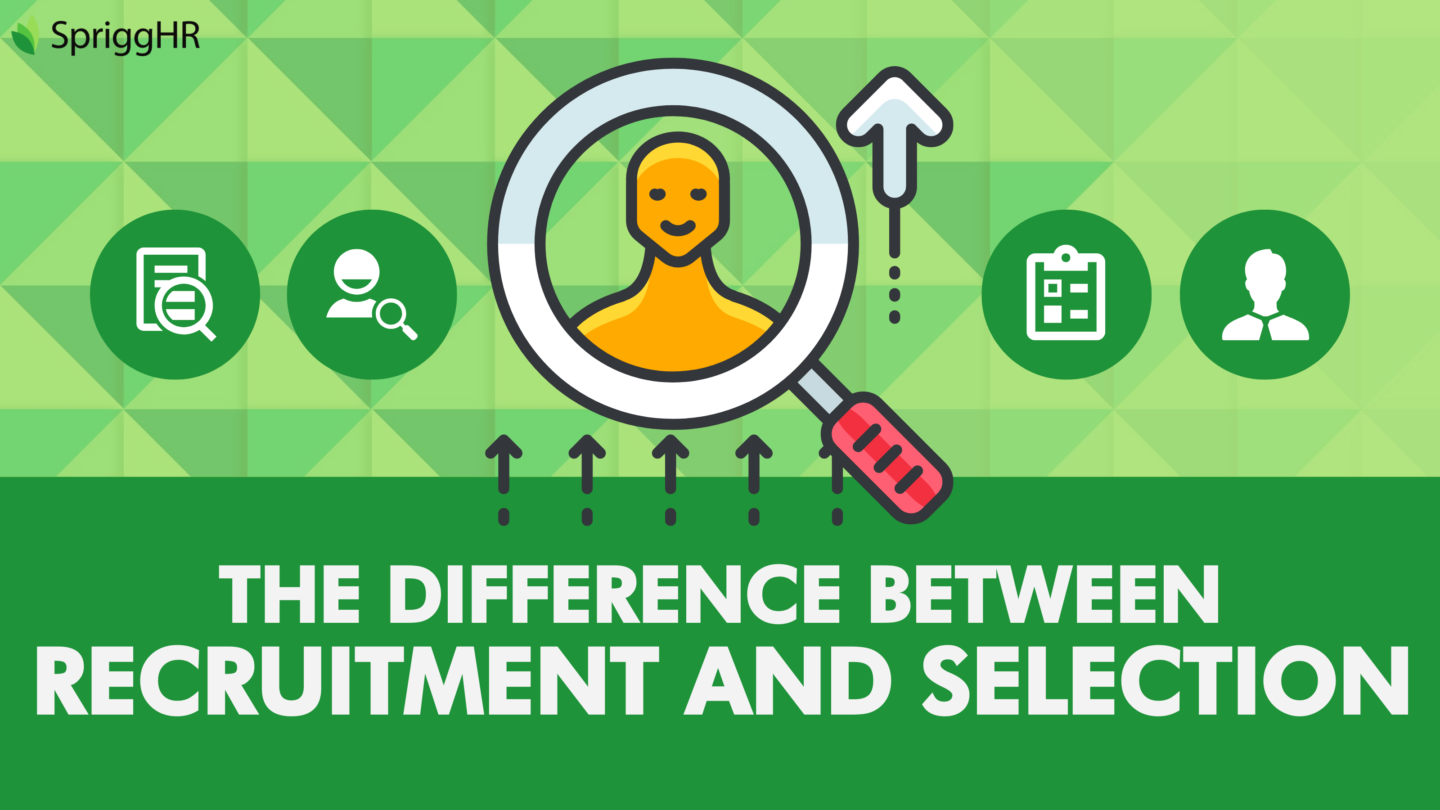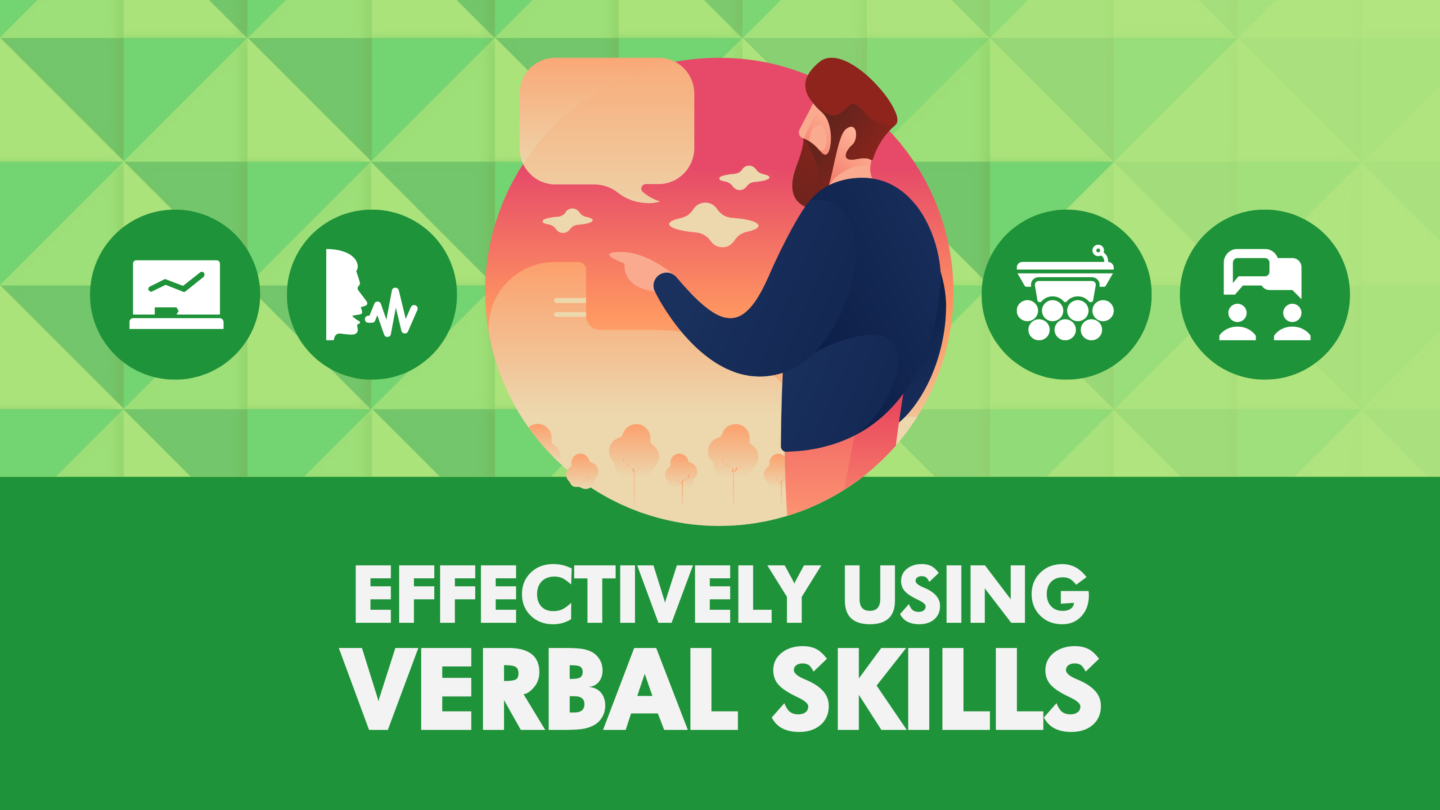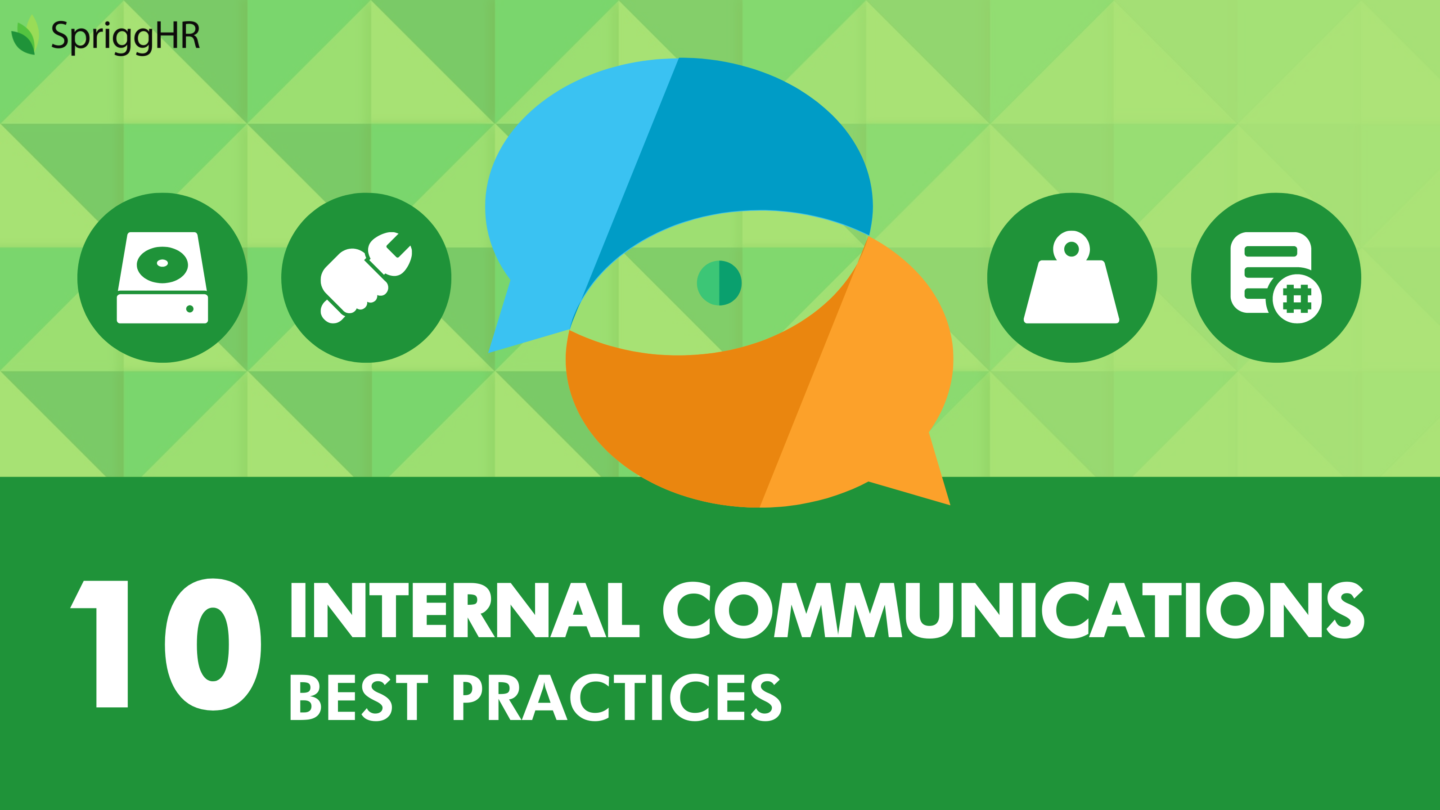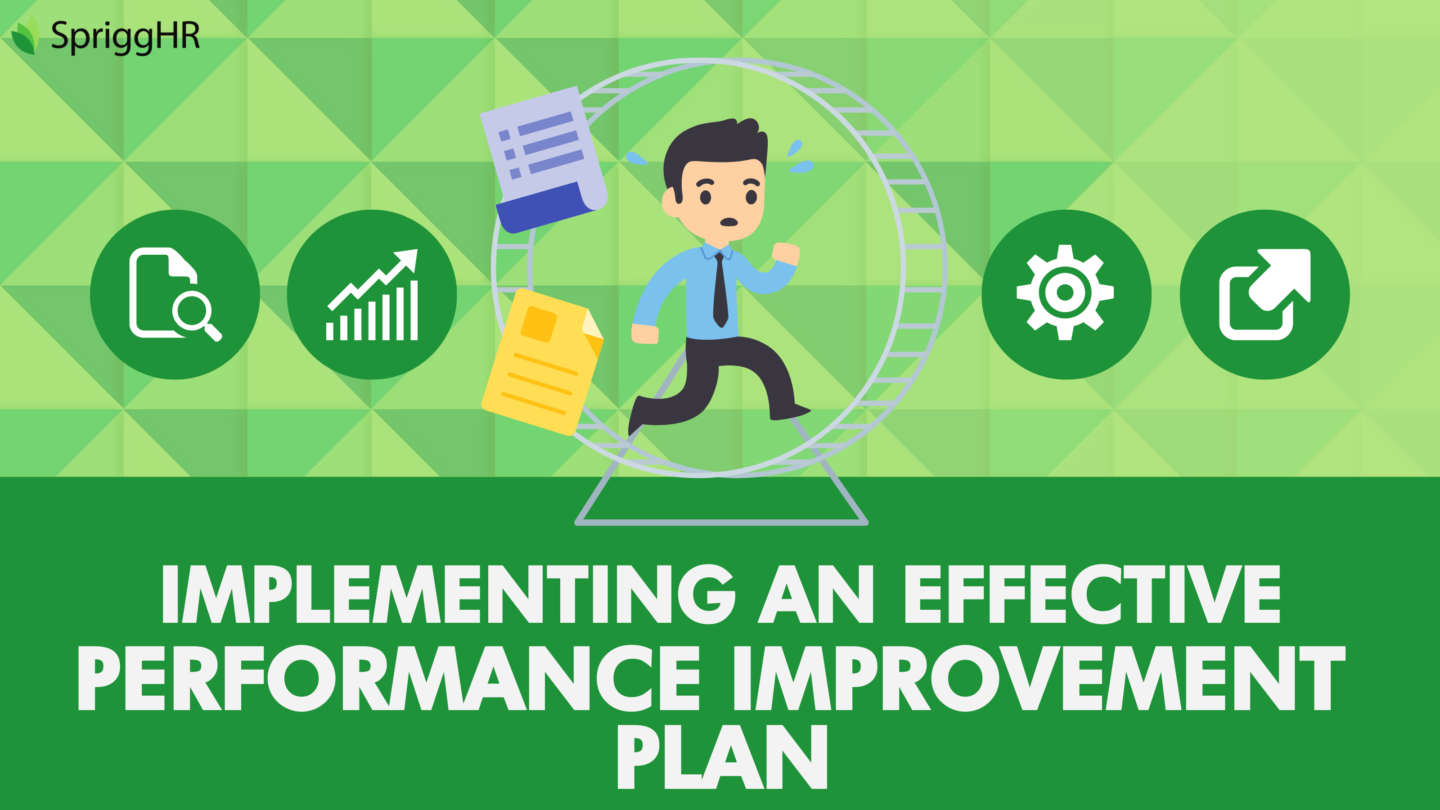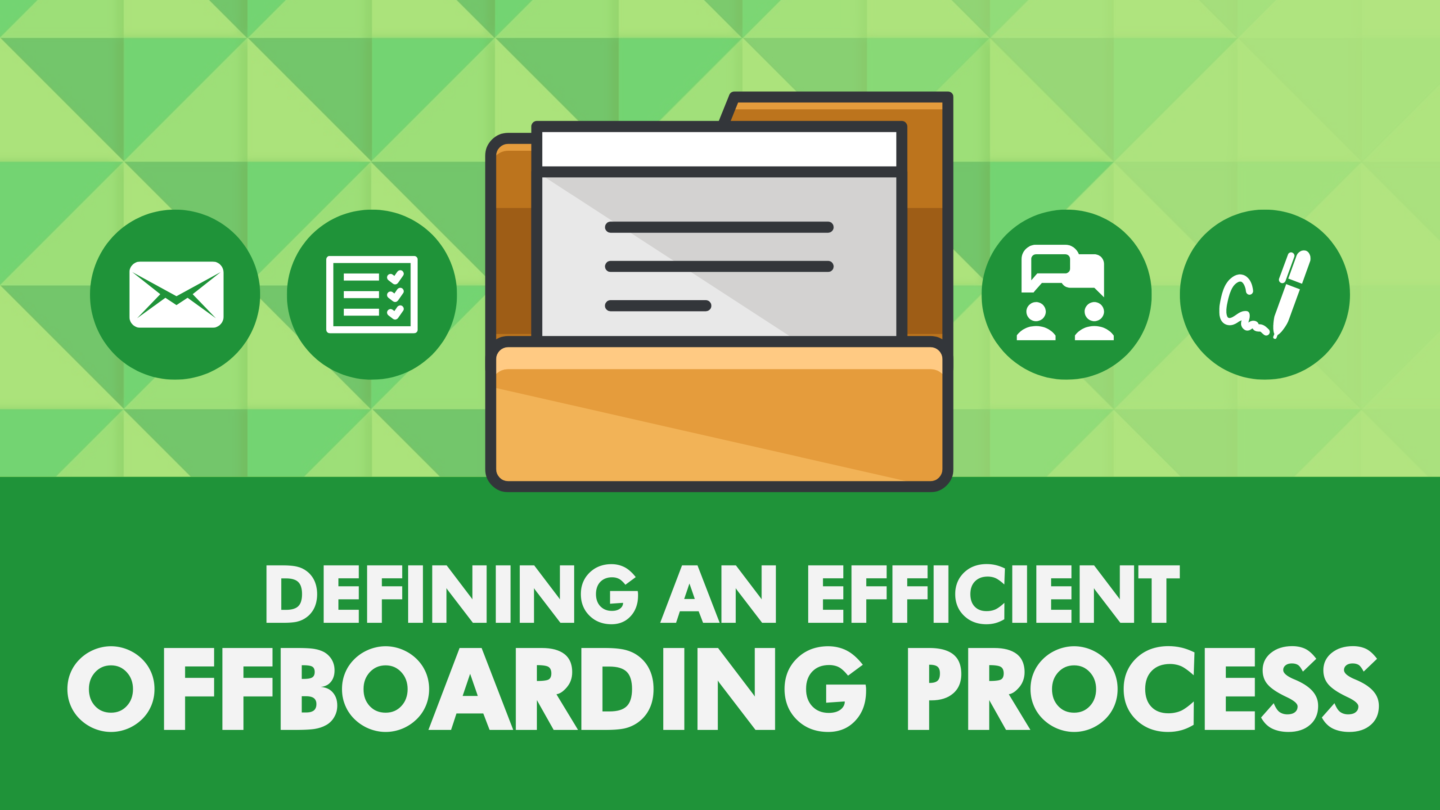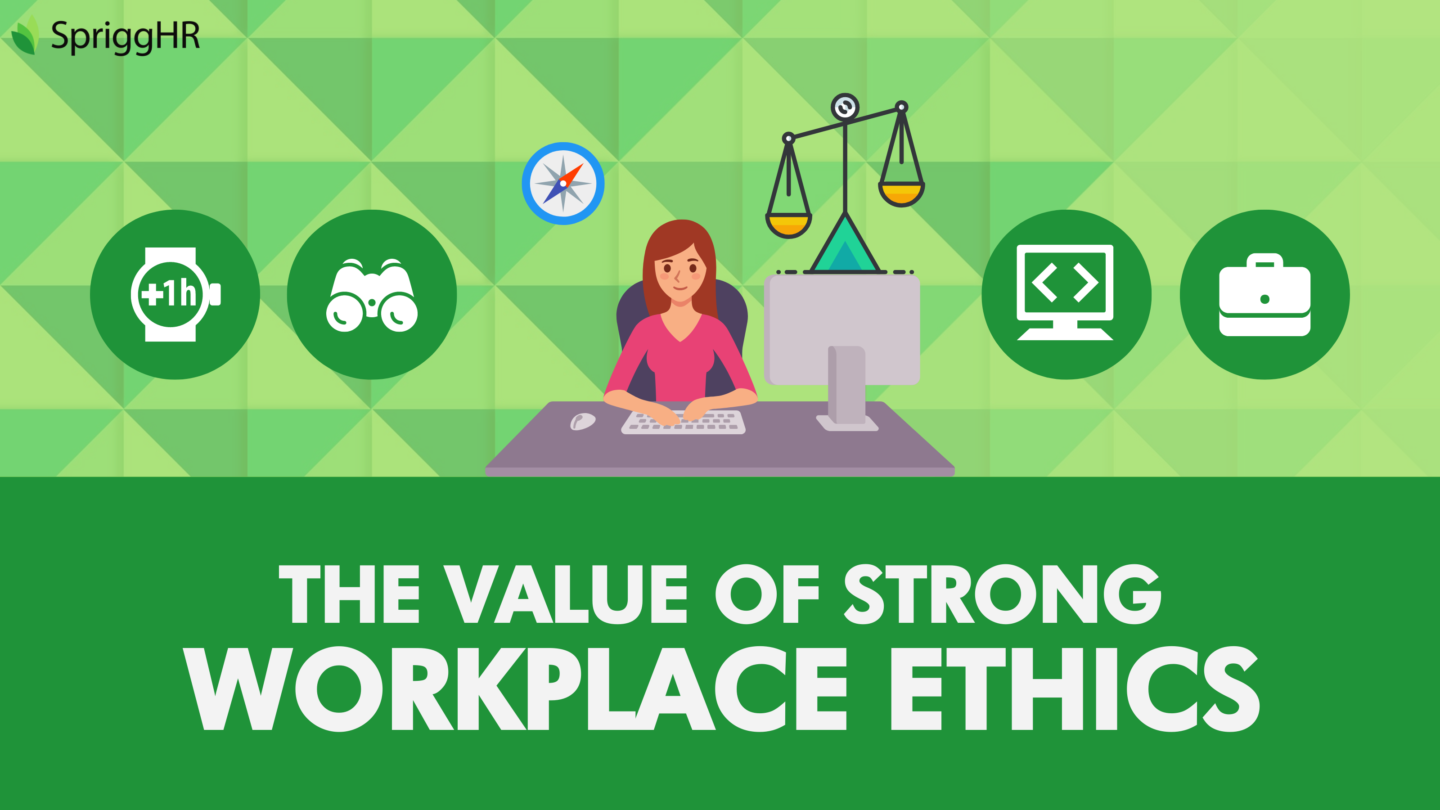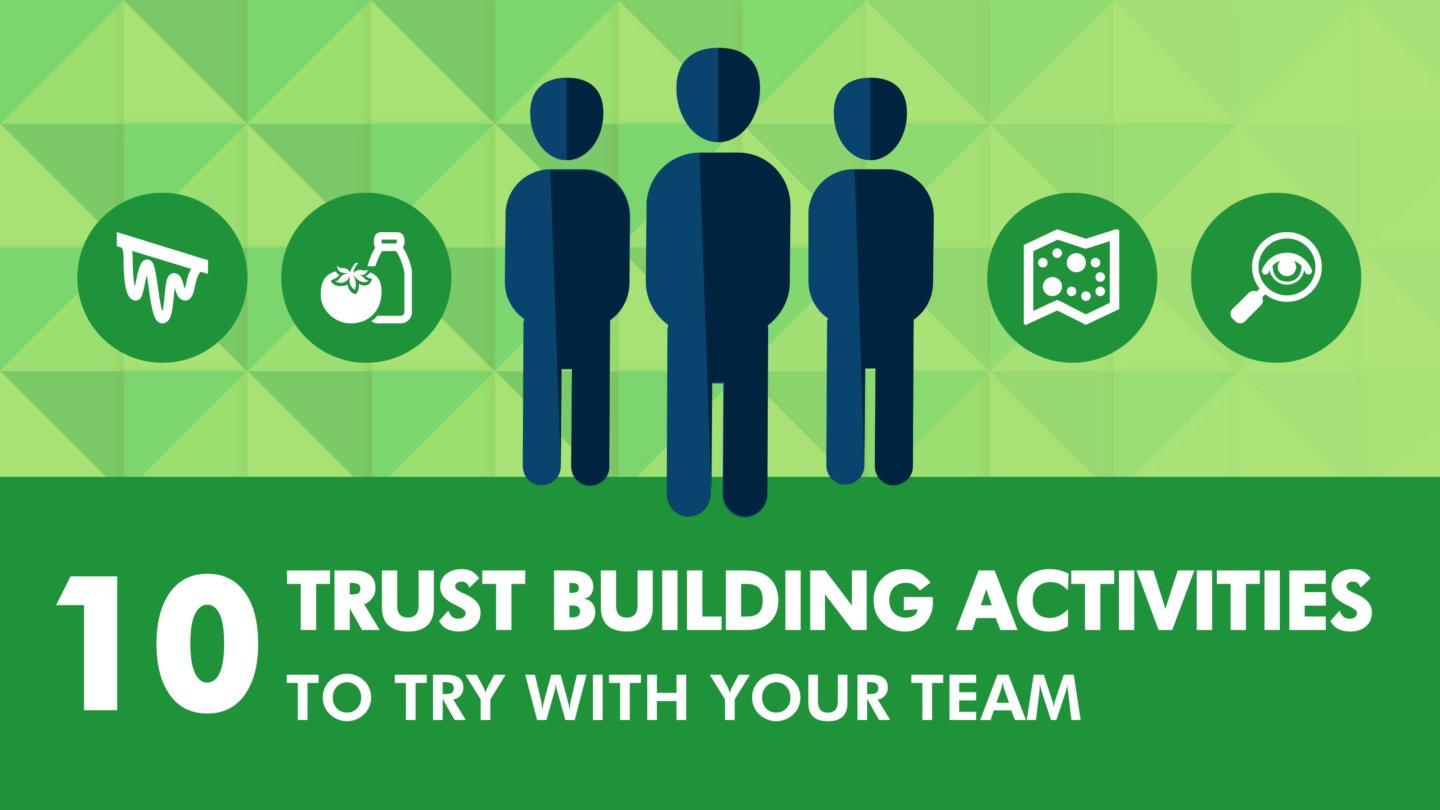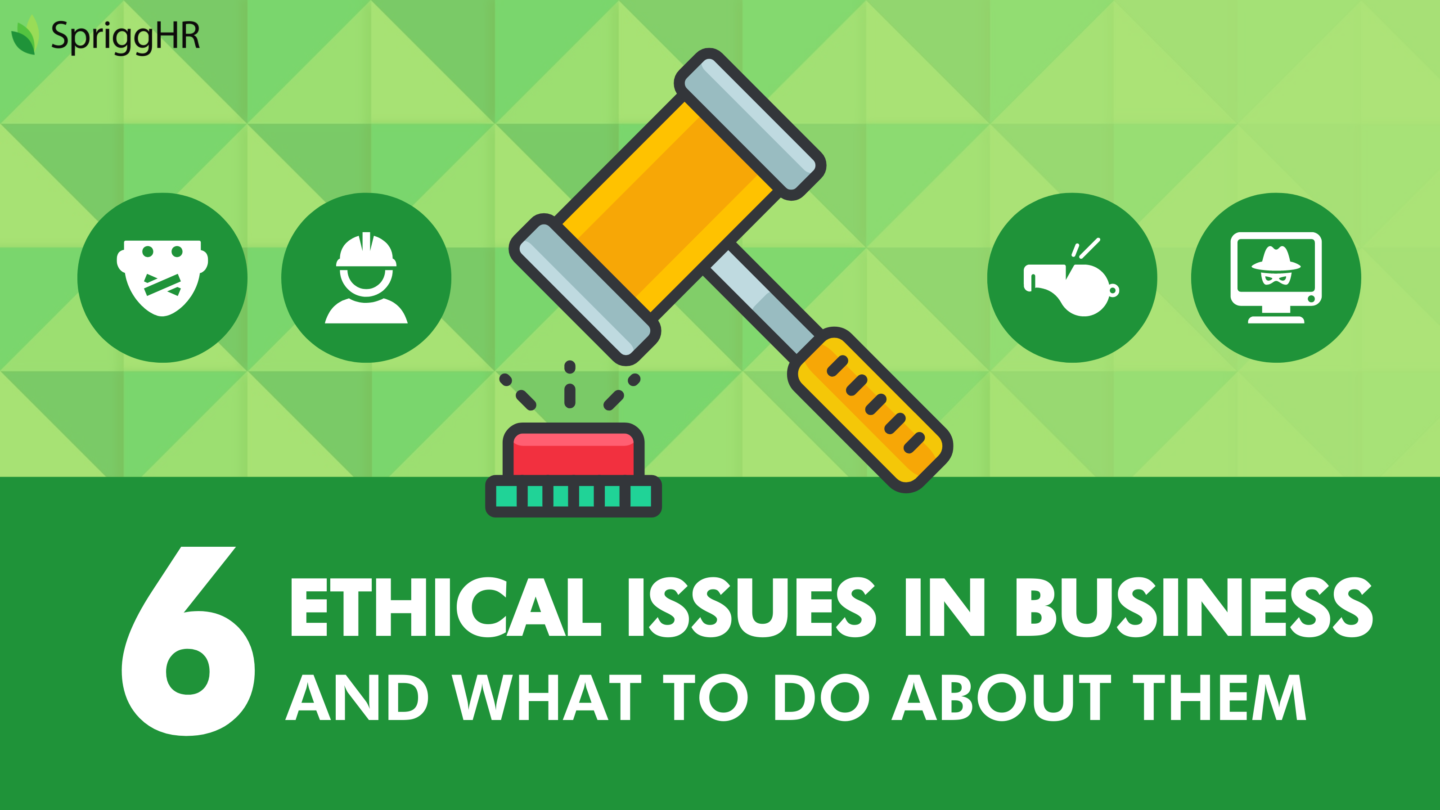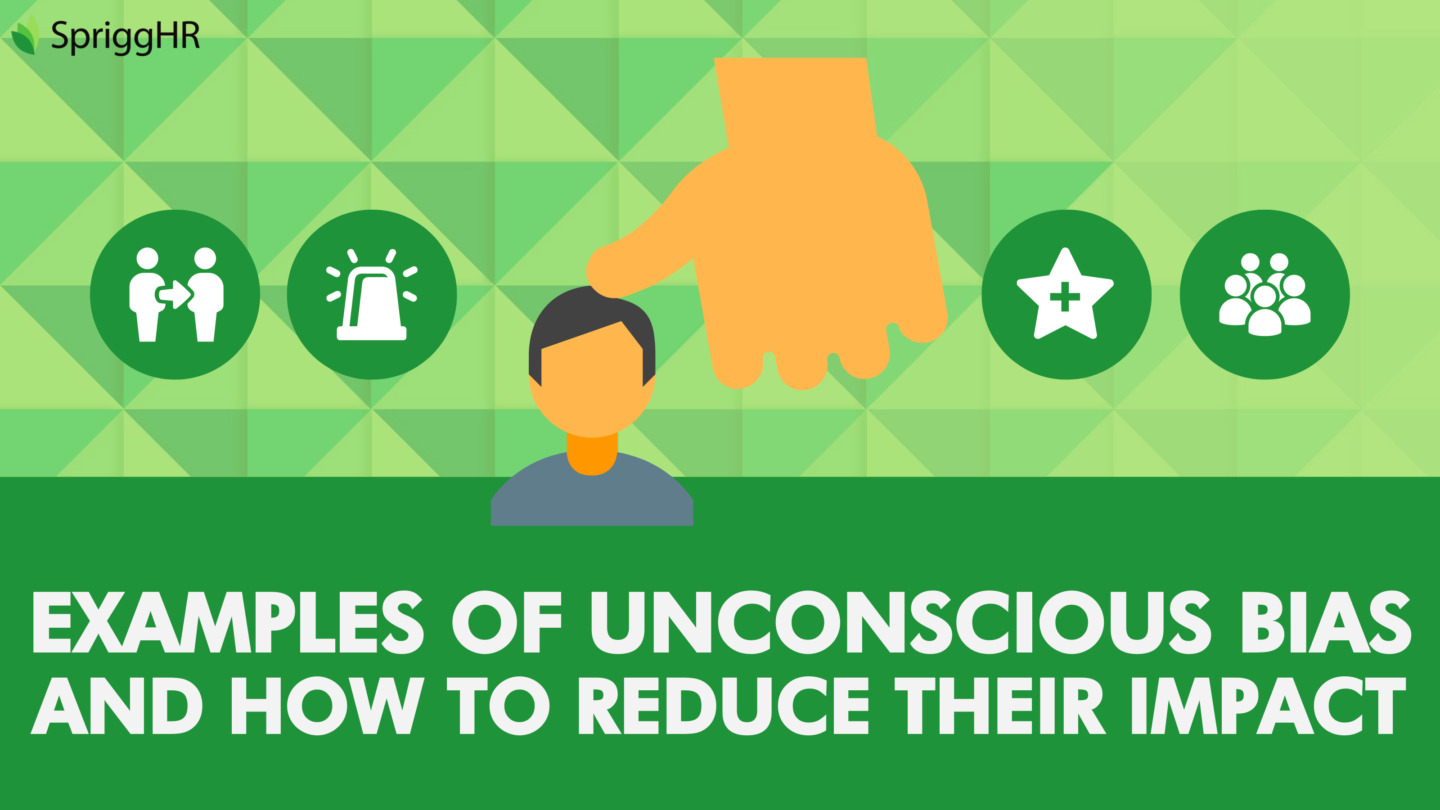Diversity is integral to the success of any organization. So, how can you start effectively managing diversity in the workplace?
12 Team Meeting Ideas to Engage Your Employees
Many organizations still use team meeting ideas that fail to keep their employees engaged, making them a boring check-in instead of a productive experience.
6 Skill Development Tips to Fast-Track Your Career Path
Skill development is a personal practice that can escalate your career path. First, identify your skill gaps, and then developing and honing these skills.
12 Employee Incentive Programs
Employees want more than promises of advancement & competitive compensation rates. Offering employee incentive programs is a great way to retain talent.
What is the Difference Between Recruitment and Selection?
Recruitment & selection help companies choose suitable candidates for jobs – understanding the difference between recruitment and selection is essential.
Effectively Using Verbal Skills
Verbal skills are comprised of much more than just speaking capabilities. Let’s take a closer look at what verbal skills actually encompass.
10 Internal Communications Best Practices
Here are 10 internal communications best practices that can help to connect your team, and keep everyone engaged and motivated.
Implementing an Effective Performance Improvement Plan
An effective performance improvement plan can be the business tool that consistently resolves workplace productivity issues in your organization.
Defining Skills to Set Yourself Up for Success
It is important to not only be competent at defining skills, but to be knowledgeable about what your skills are. So how do you go about defining skills?
8 Key Project Management Principles
Project management can be very complex in the modern business world. Adhering to a set of defined project management principles can help to simplify things.
Why You Should Use A Business Capability Model
The Business Capability Model is a tool used by the architects of enterprises globally, working to outline the overarching needs of their organization.
Defining an Efficient Offboarding Process
The offboarding process is equally as important as the onboarding process, and needs just as much attention to be done correctly.
The Importance of Values in the Workplace
The importance of values in the workplace lies in their purpose, which is, in short, to guide our beliefs, attitudes, and behaviors.
15 Work Habits that Drive Success
It’s important to develop and maintain good work habits in order to drive success, increase employee contribution and job satisfaction.
The Value of Strong Workplace Ethics
Workplace ethics refers to the way employees in an organization govern themselves and their overall work attitude, but it can also refer to morality.
10 Trust Building Activities to Try with Your Team
Trust building activities are a great way to help teams form high levels of trust, which will also lead to them being more productive.
6 Ethical Issues in Business and What to Do About Them
Ethical issues in business can be a difficult challenge to navigate for any business owner, as laws and statutes do not deter all unethical behavior.
The Importance of Time Management – 5 Time Management Activities
The importance of time management cannot be understated, as typically when managed correctly, it allows you to accomplish more in a shorter timeframe.
Examples of Unconscious Bias and How to Reduce Their Impact
Unconscious biases are cognitive biases that can be both positive and negative, and influence the vast majority of our decisions by affecting our behavior.
How to Recognize and Avoid the Horn Effect
An initial negative impression can lead to everything a person does being viewed through that lens, leading to a negative bias called the horn effect.

